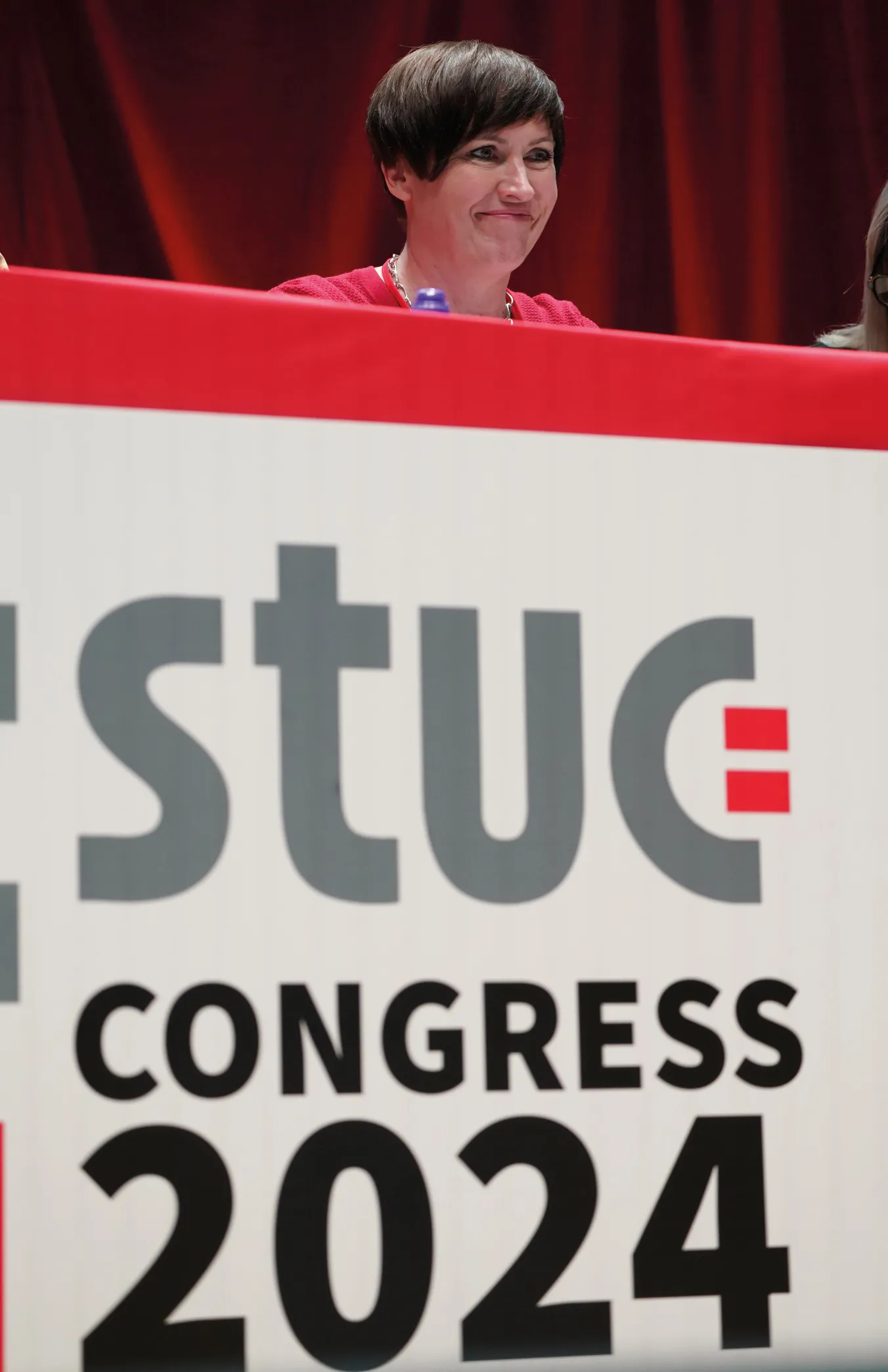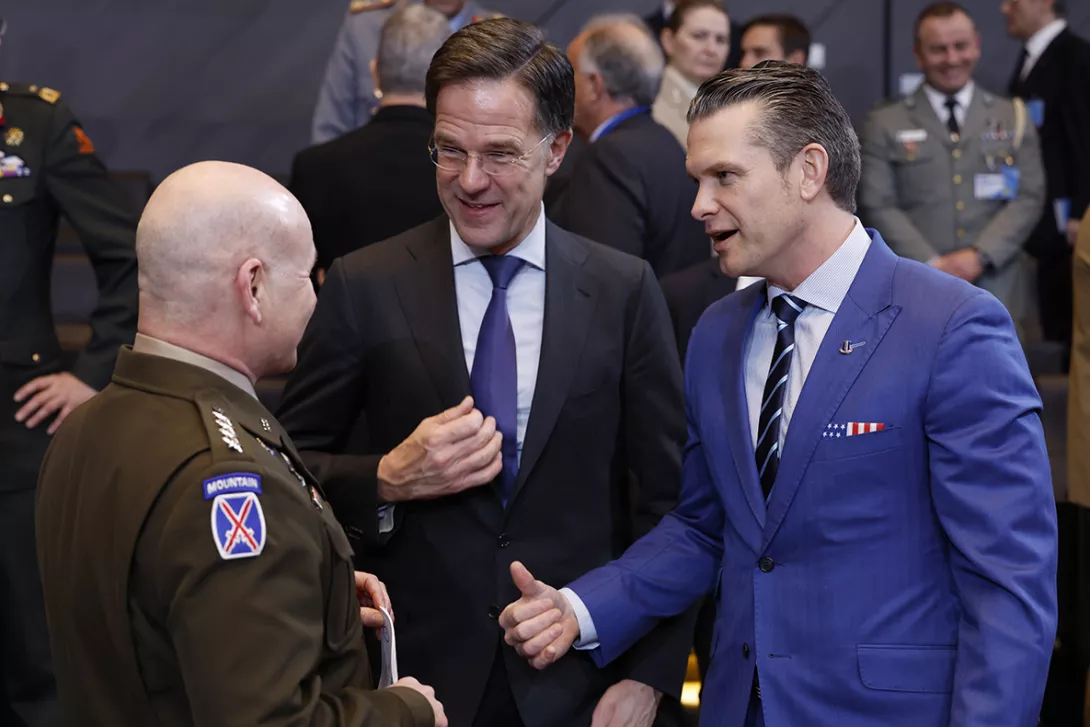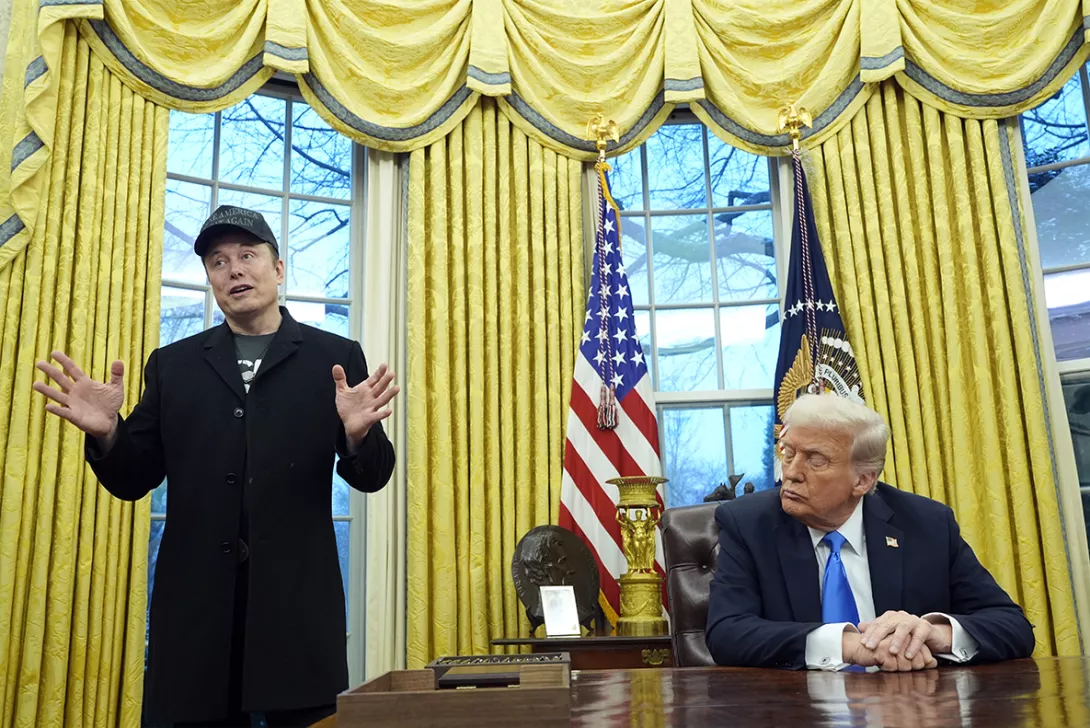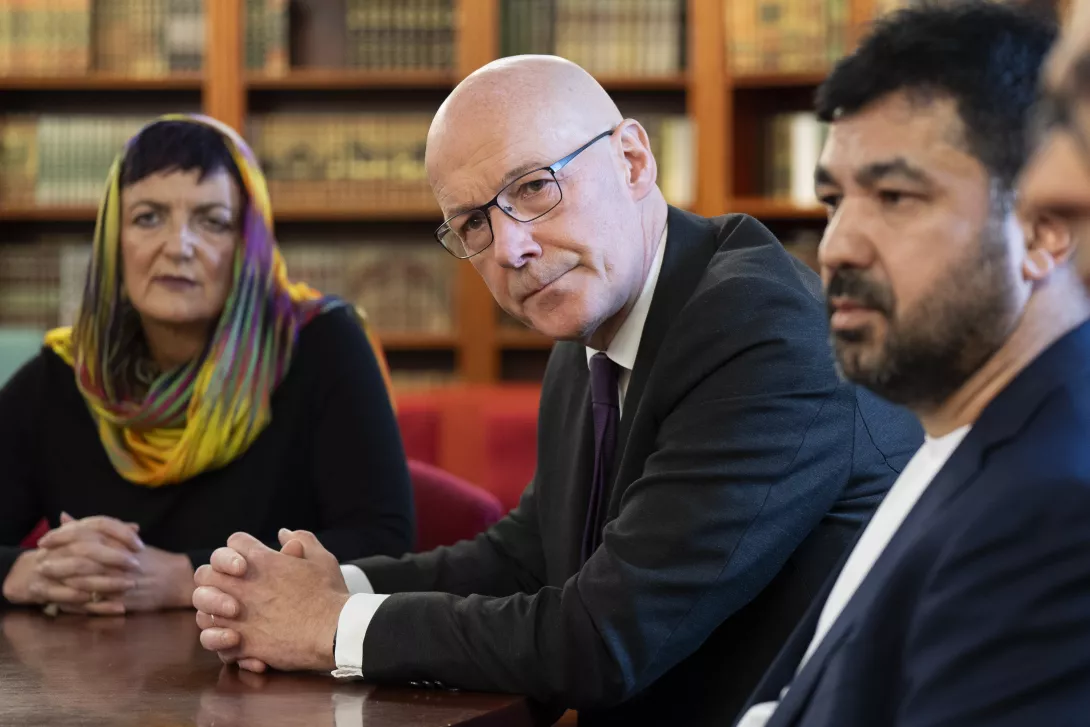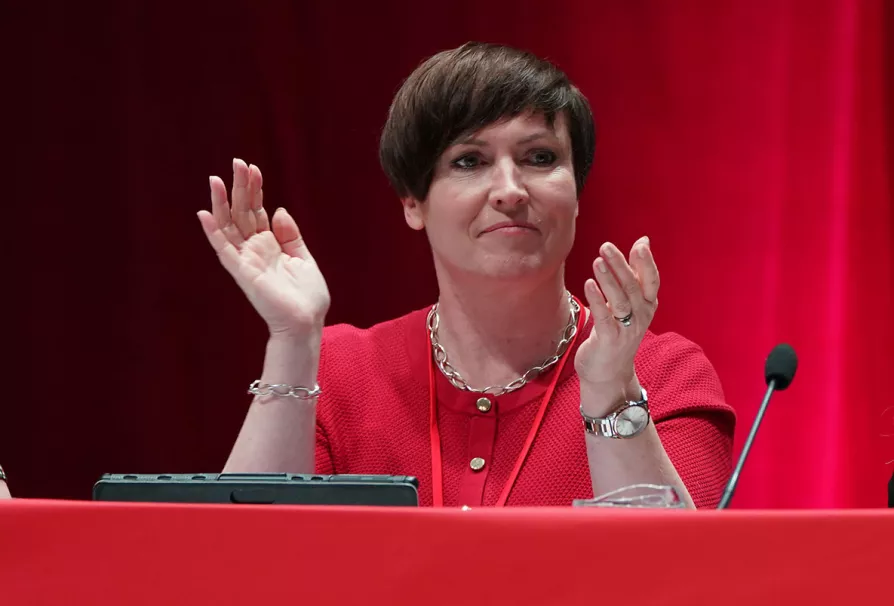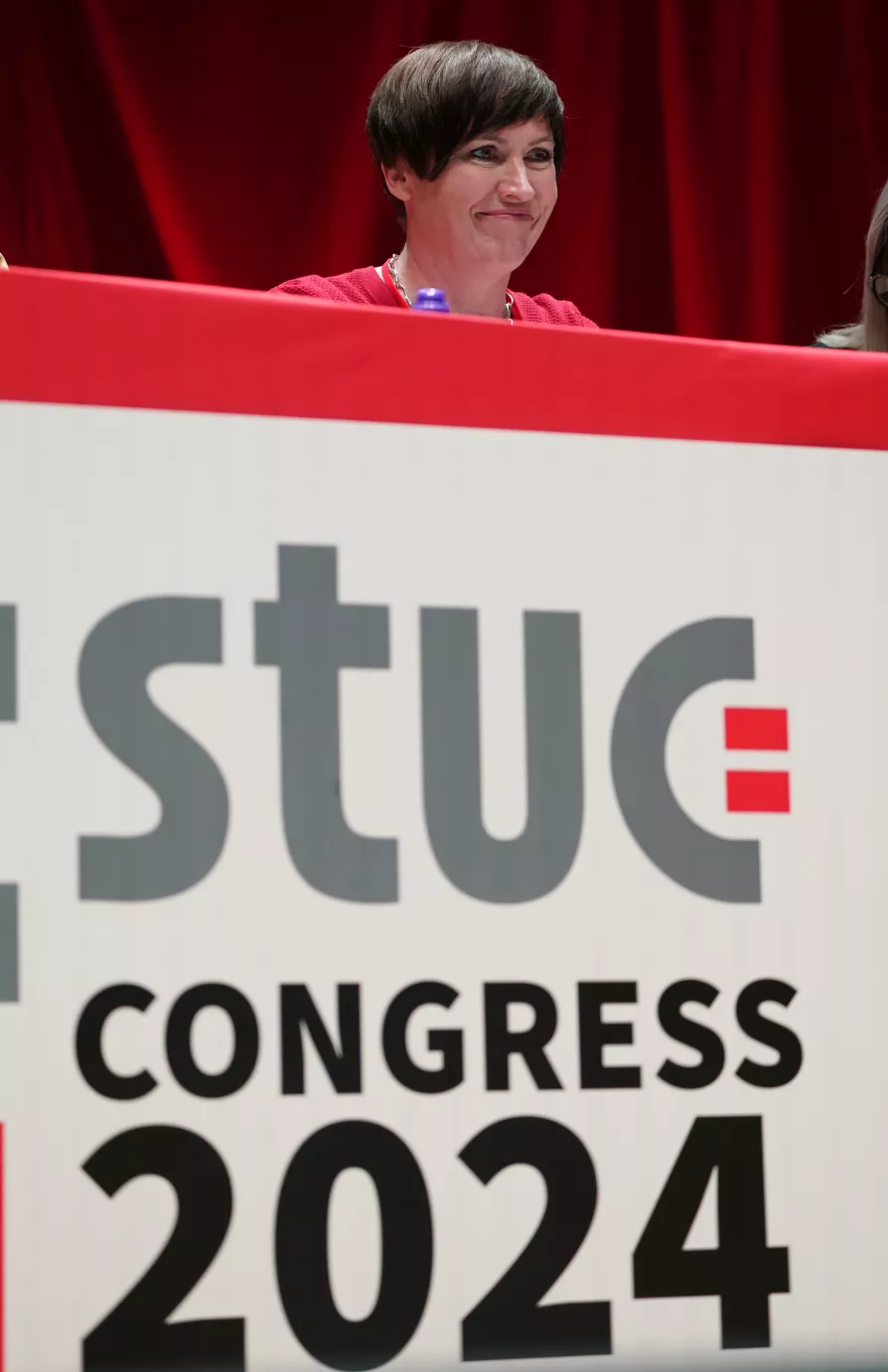
SCOTTISH TUC general secretary Roz Foyer rightly pointed today to the crisis in local government as one of the gravest threats the movement faces.
More than that, her emphasis on the significance of trades councils was welcome and necessary.
The great national disputes that hit headlines in the winter of 2022-23, across the railways, Royal Mail, NHS and schools, have not resolved the crippling problems across any of those sectors.
But the focus is likely to shift as local government across England, Scotland and Wales stares into the financial abyss. Councils, as Foyer stressed, are now barely able to function in many areas.
Jobs and basic services are at risk everywhere. In Scotland, multiple authorities are announcing cuts to the number of teachers, with hundreds of jobs to go at the largest, Glasgow City.
In England, the largest council in Europe, Birmingham, has gone bankrupt. Its cuts budget announced last month will have a devastating impact on bin collections, shut two-thirds of the city’s libraries and axe all arts funding.
Glasgow and Birmingham attract attention because of their size but the same story is being played out from rural Somerset to the densest boroughs of London. Our towns and cities are set to become poorer, dirtier, less welcoming and more unsafe.
Some councils have managed assets badly, others wink at corruption, but this crisis is not, as Rishi Sunak claims, the product of local authority mismanagement of resources.
It is the result of huge cuts to central government funding by Tory-led governments since 2010.
There is hardly anything councils can do to make up for these lost funds: scope for increasing council tax is usually restricted, and authorities turn in desperation to sidelines like punitive parking fines.
In any case council tax is regressive, falling most heavily on lower-value properties, and raising it places a heavy burden on working-class households. Far from being a solution, council tax rises hurt poor people and should be a focus of local political resistance.
The actual solution has been identified by the STUC: wealth and property taxes.
Foyer points out that the Scottish National Party, which blames the Westminster government for spending cuts, has not used the full powers available to it to reform tax, though its higher-band income tax increases this year (the 45 per cent rate applying to earnings above £75,000 and a top rate of 48 per cent applying above £125,140) are welcome and should prompt demands for similar rises south of the border.
But beyond Scotland, tax reform has to become a key demand of the labour movement directed at the Labour Party.
Labour uses its (self-imposed) commitment to stick to Tory spending rules as an excuse to deny funding to multiple sectors that urgently need investment: healthcare, education, transport, flood defences, the renewable industries of the future. But the country is awash with money: we live in the “golden era for the super rich” identified by the Sunday Times Rich List, bank and big energy profits keep breaking all-time records and at the top CEO pay is out of control. That money is profit stolen from working people and it needs to be retrieved and used to rebuild our country.
Pressure to do so needs to be applied to politicians where they are, and the big battles of the next year will often be against council cuts.
Only through a reinvigorated trades council movement can we co-ordinate trade union power at local level. Foyer’s appeal to union delegates is relevant everywhere: “Please ensure that your branches are affiliating and sending delegates to your local trades councils. They need your money, they need your input and they need new blood; as we as a movement need the links they provide with working-class communities.”
We can’t fight a class war without boots on the ground.


